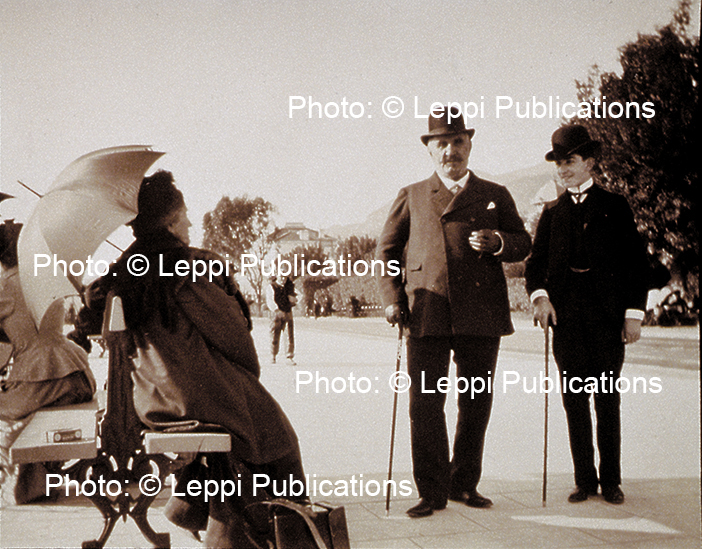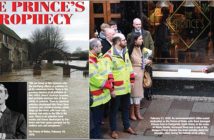“Why do not the German Emperor and the King of England fight out their quarrels alone? Why drag thousands of men from their homes and farms to fight their quarrels?”
Turkish deserter in Montenegro, circa 1902.
The anti-war views of a Turkish soldier, who had taken refuge in Montenegro around 1902, were recorded by two intrepid foreign travellers; merely the musings of an unnamed deserter, but sending the world’s leaders off to the remote pacific island of his imagination to settle their differences would have been a more peaceful, and even honourable, resolution of international rivalries. However, pacifism of any sort was hardly on the agenda in 1914 and the two Balkan wars had pushed Europe closer to the brink of disaster: concluded by an unsatisfactory peace settlement and, more vitally, with the balance of power further disturbed.
That Europe had become a powder keg of conflicting interests and that World War One was the culmination of national, imperial and economic rivalries is generally agreed upon. That events arising from the tangled politics of the Balkans would light the fuse was not inevitable, but it was certainly appropriate. Europe’s statesmen and generals only required an event which would force or, as it turned out, allow the first move to be made to plunge millions into the horrors of war. A young Serb from Herzegovina named Gavrilo Princip provided the spark. His brief life story is full of interest and also has a strong Montenegrin connection; indeed, the Serbs of Herzegovina and the Montenegrins considered the borders which separated them as the artificial creations of their enemies. Princip, whose family roots were Montenegrin, played an historic part in eradicating those borders . . .
One of history’s most significant assassins, Gavrilo Princip in his prison cell after the shooting of Archduke Franz Ferdinand in Sarajevo on 28 June 1914. (Above) The Archduke and Countess Sophie Chotek during the ill-fated royal tour of Sarajevo.
The column of cars made its way back up the Appel Quay and, for the seventh time in an hour, the Archduke passed by an assassin. Trifko GrabeÏ was standing near the Kaiser Bridge. He had seen the car approaching but failed to react. A hundred yards after the Kaiser Bridge, Chief of Police Gerde’s car turned right into Franz Josef Strasse and the Archduke’s car followed suit, the chauffeur apparently not having been instructed of the change of route. Governor Potoriek shouted at them to turn back. The chauffeur broke to a halt by the curb outside Schiller’s delicatessen and prepared to reverse.
Gavrilo Princip, who had changed position in the hope of gaining a second opportunity, disbelievingly saw the Archduke’s car stop only a few feet in front of him. He stepped forward, hesitated momentarily on seeing Countess Sophie, and fired two shots at Franz Ferdinand, although he turned his head away as he did so. The car sped off to the Governor’s official residence, but the assassin’s aim had been deadly. Countess Sophie was fatally wounded. The first bullet penetrated the car door, cut through her corset and into the right side of her body. The second bullet severed Franz Ferdinand’s jugular vein and ended up lodging itself in his spine. Both were unconscious as they were carried from the car into the residence and, within a few minutes, were pronounced dead. At 11.30am the bells of Sarajevo’s churches rang out in mourning. (Extract from Nikola & Milena: King & Queen of the Black Mountain © Leppi Publications/Marco Houston)
Purchase this book
King Nikola and Queen Milena of Montenegro with youngest son, Prince Petar, in Nice, France. King Nikola heard the the news of Franz Ferdinand’s assassination as he returned from a foreign trip. En route, at Tringav Station, Adjutant Ilija Jovanoviç-Bjelos was sent to buy the morning newspapers. On the platform he overheard people talking about Franz Ferdinand’s death at the hands of a Serb. Back on board the train, Nikola could hardly believe his ears, but at the next station they saw the billboards and his reaction was concise and unequivocal: “Here comes war”.






